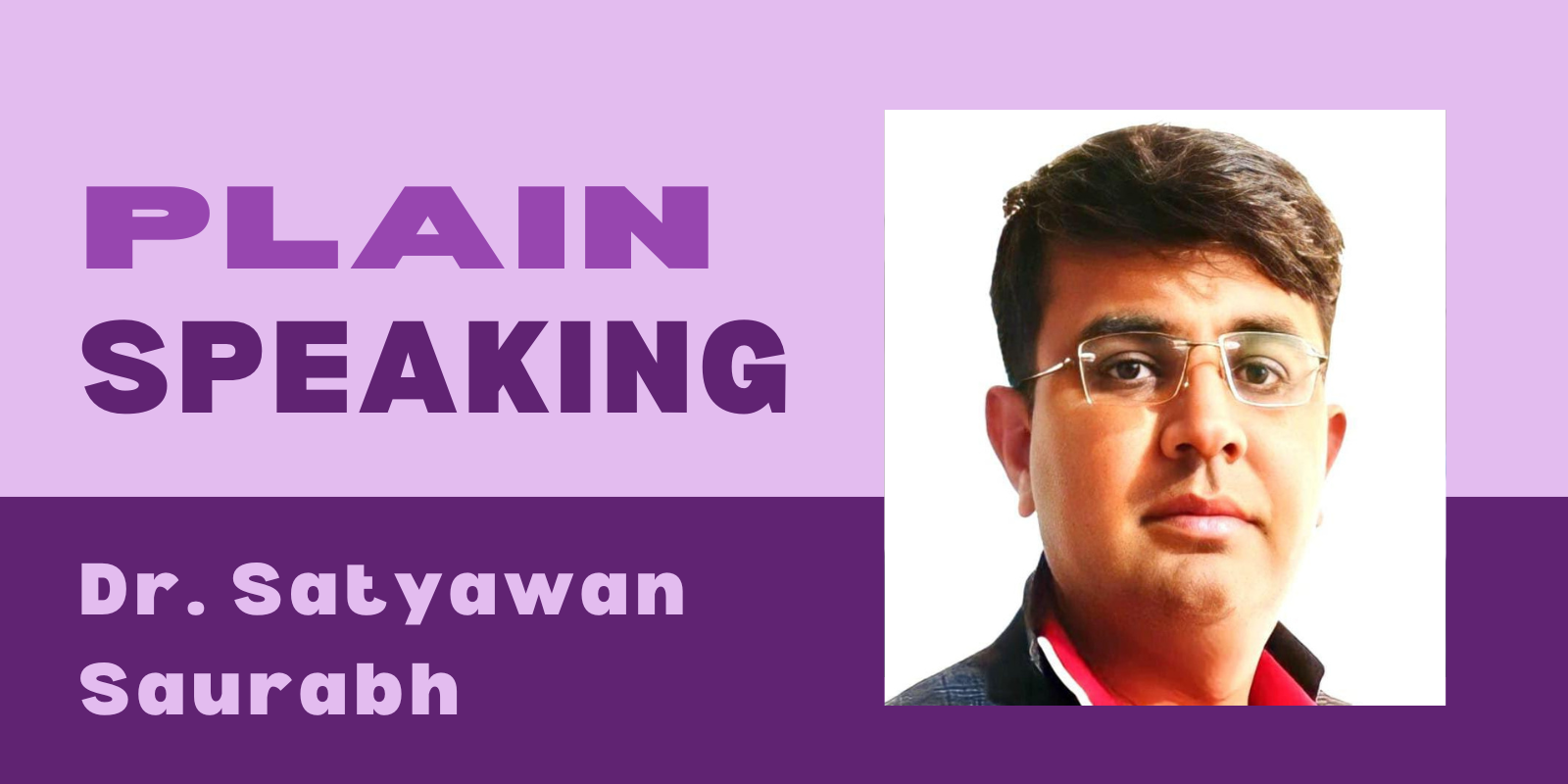Suffering can arise from a variety of sources, including personal grievances, loss, betrayal, and injustice. For example, the tragic story of Malala Yousafzai, who was shot by the Taliban for advocating for girls’ education, illustrates suffering from violent injustice. These experiences create a tangled web of negative emotions such as anger, bitterness, and despair, making it difficult for individuals to make their way in life. The labyrinth illustrates the confusing and disorienting journey people often go through when dealing with their suffering, where each turn leads to more suffering and confusion rather than relief or resolution. As Gautama Buddha said, emphasizing the self-destructive nature of unresolved suffering, “Holding on to anger is like drinking poison and expecting the other person to die.”
“The only way out of the labyrinth of suffering is forgiveness” expresses the profound idea that forgiveness is the key to overcoming the complex and often painful challenges of human existence. This statement explains that suffering, known as a labyrinth, is a complex and confusing experience that traps individuals in a cycle of pain, resentment, and emotional turmoil. The metaphor of the labyrinth underscores the complexity and seemingly endless nature of suffering, highlighting how it can lead to a sense of being constantly lost and unable to find a way out.
The concept of a “labyrinth of suffering” refers to the multifaceted nature of human pain and adversity. Suffering can arise from a variety of sources, including personal grievances, loss, betrayal, and injustice. For example, the tragic story of Malala Yousafzai, who was shot by the Taliban for advocating for girls’ education, illustrates suffering from violent injustice. These experiences create a tangled web of negative emotions such as anger, bitterness, and despair, making it difficult for individuals to make their way in life. The labyrinth represents the confusing and disorienting journey people often go through when dealing with their suffering, where each turn leads to more suffering and confusion rather than relief or resolution. As Gautama Buddha said, emphasizing the self-destructive nature of unresolved suffering, “Holding on to anger is like drinking poison and expecting the other person to die.”
Forgiveness as a proposed solution to this labyrinth is a powerful and transformative act. It involves letting go of malice, resentment, and the desire for vengeance, and instead embracing understanding, compassion, and empathy. Forgiveness allows individuals to shed the burden of their suffering and break free from the cycle of negativity that traps them in the labyrinth. For example, the life of Nelson Mandela, where he chose forgiveness rather than vengeance after 27 years of imprisonment, exemplifies the immense power of forgiveness in achieving personal liberation and social transformation. It is a deliberate process of healing that requires courage and strength, as it often involves facing deep emotions and vulnerabilities. According to Mahatma Gandhi, “The weak can never forgive. Forgiveness is the attribute of the strong.”
Individuals often find it challenging to break free from the labyrinth of suffering due to the complex interplay of psychological, social, and personal barriers. These barriers create a frightening and often overwhelming environment that perpetuates the cycle of pain and hinders the journey toward healing and peace.
One of the primary psychological barriers is the deep nature of trauma and negative emotions. Experiences of betrayal, loss, or injustice can become embedded in the psyche itself, leading to persistent feelings of anger, resentment, and bitterness. These feelings can become part of one’s identity, making it difficult to imagine life without them. For example, the injustice experienced by Holocaust survivors, who lost family and friends and witnessed unimaginable atrocities, often causes lasting emotional wounds. The human mind often clings to negative experiences as a form of self-protection, which strengthens the walls of the labyrinth. Additionally, mental health issues such as depression and anxiety can exacerbate it, leading to feelings of hopelessness and helplessness that prevent individuals from seeking or accepting avenues of forgiveness and healing. Holocaust survivor Viktor Frankl said, “When we are no longer able to change a situation, we are challenged to change ourselves.”
Social norms and expectations also play a significant role in trapping individuals in the labyrinth of suffering. Cultures that emphasize pride over retribution, honor, reconciliation, and forgiveness may pressure individuals to hold grudges. For example, in the Indian context, parents often perceive their children’s decision to marry without their consent, especially in inter-caste or inter-religious unions, as a direct insult to their pride and honor. This perception pushes them into a labyrinth of suffering, sometimes leading to extreme acts such as honor killings. However, by embracing forgiveness, these parents can exit this labyrinth of suffering and eventually accept and enjoy their children’s happiness.
On a personal level, the journey out of suffering requires confronting and processing painful emotions, which can be a difficult and intimidating task. Many individuals fear the insecurity that comes from facing their pain and prefer to avoid it, even if avoidance means staying in the labyrinth. For example, veterans suffering from PTSD often struggle to revisit traumatic memories of war, fearing the emotional turmoil that comes from reliving those experiences. Pride and ego can also hinder the forgiveness process, as acknowledging hurt and seeking reconciliation may be perceived as admitting weakness or defeat. Furthermore, a lack of effective coping mechanisms or support systems can leave individuals unequipped to deal with their suffering. Without guidance or encouragement, the path to forgiveness and healing can seem insurmountable. Confucius rightly stated, “It does not matter that you have been wronged unless you continue to remember it.”
Forgiveness, often considered a profound act of liberation, serves as a key mechanism in navigating the labyrinth of suffering. The act of forgiveness is not simply absolving others of their wrongdoings but is highly transformative, providing healing by freeing oneself and promoting personal growth.






